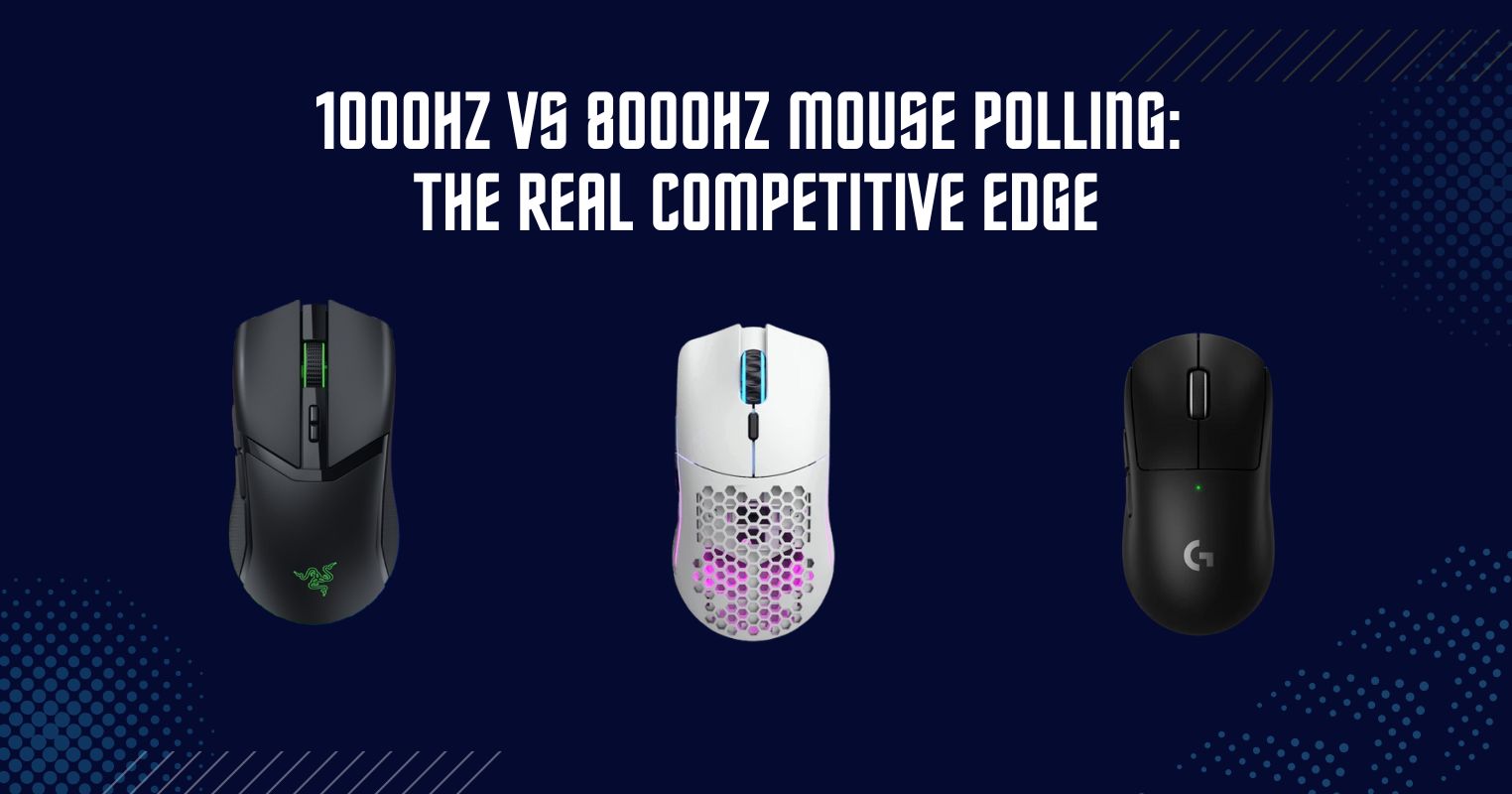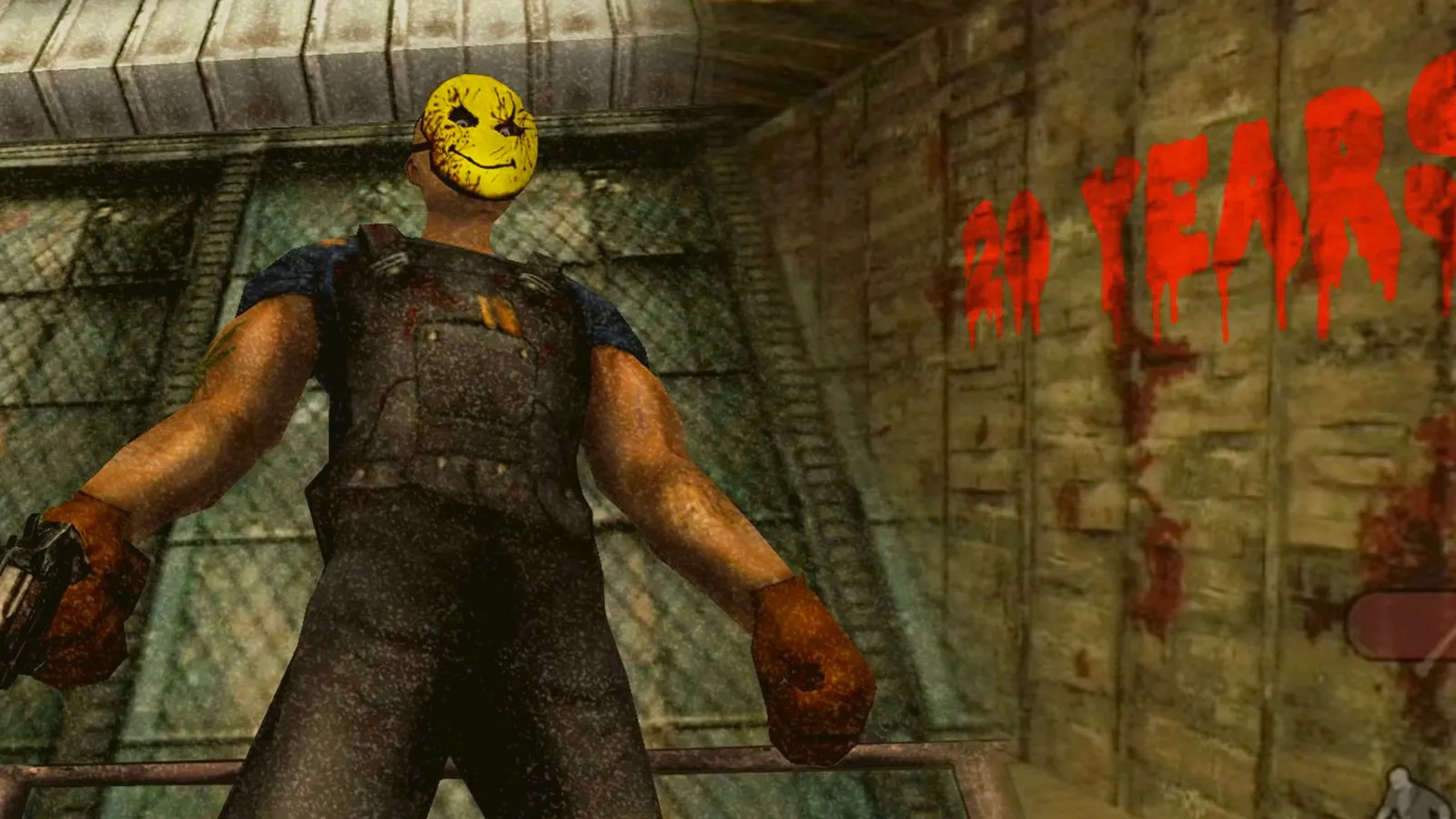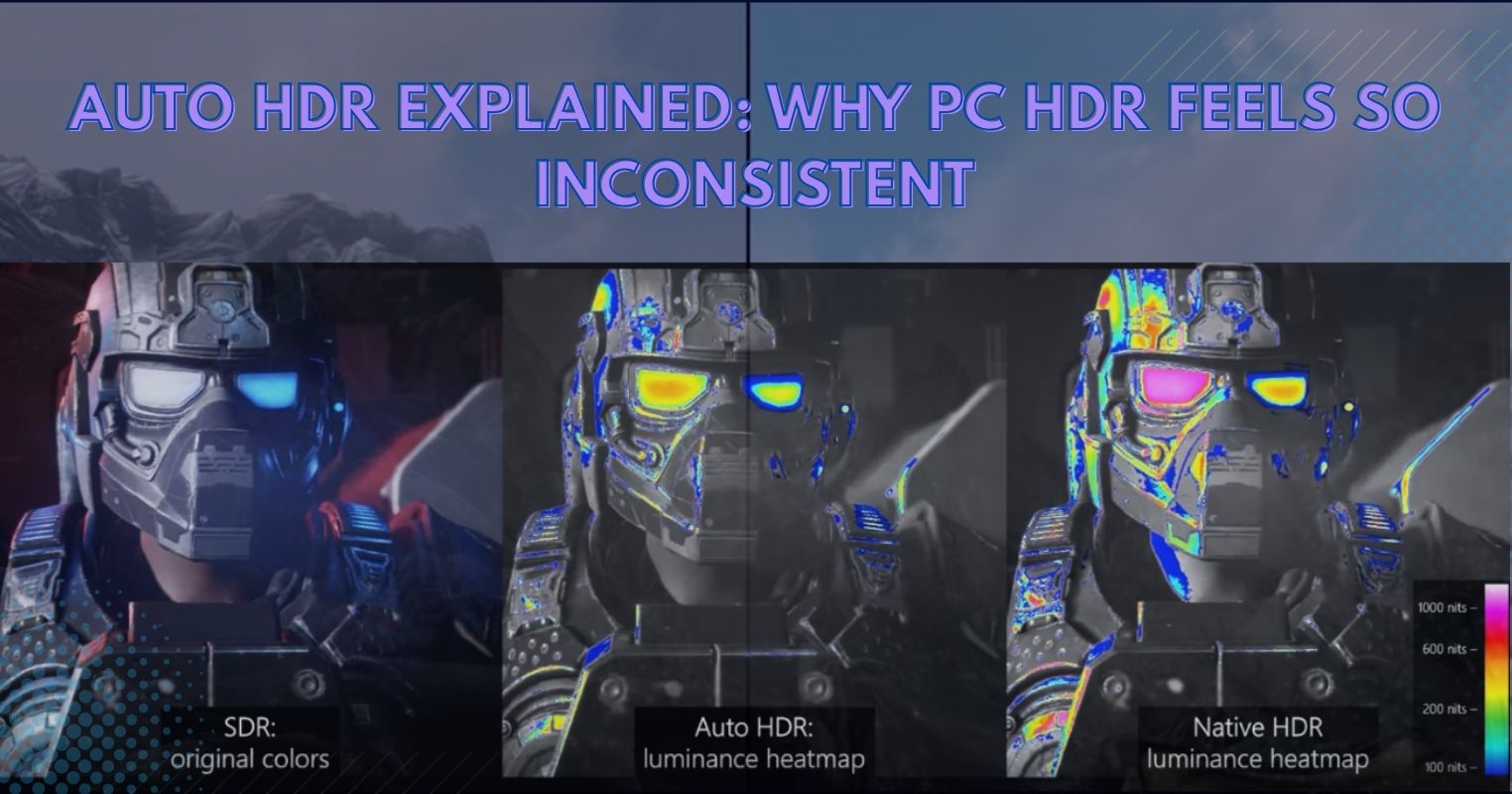- Enotria: The Last Song is a solid Souls-like that went under everyone’s radar.
- Among its many mechanics, the debuff-applying elements stand out the most.
- It’s elemental system creates a high-risk, high-reward gameplay, spicing things up
As a gamer for as long as I can remember, I’ve witnessed countless genres, concepts, and mechanics in action. Two games can have the same core idea, but their execution in unique ways has always fascinated me. Call me a nerd if you will, but I love studying and dissecting game mechanics.
Among the numerous concepts, I’m especially fond of elemental affinity in games. Elements are often characterized by auras or debuffs, game-changing interactions, or just a simple damage buff. Still, surprising implementations do arise, the most recent being Enotria: The Last Song.
Why it matters: Enotria: The Last Song doesn’t feature a conventional elemental system and instead opts for a buff/debuff status ailment mechanic, which stands out brilliantly.
Enotria: The Last Song, Underrated Goodness
Before discussing its elemental mechanics, let’s see what Enotria: The Last Song is. I don’t blame you if you haven’t heard this name since practically the entire world missed it. And it’s a shame, considering that although it’s rough around the edges, Enotria is pretty solid and enjoyable. It’s soul-like.
Enotria- The Last Song. Really loving this new soulslike.
byu/bumzi92 insoulslikes
Set in an Italian setting, The game follows a Maskless one in a world all about masks. However, being an anomaly allows you to don any mask and thus adjust your abilities accordingly. Rest is all the cryptic story-telling and action combat you’ve grown accustomed to in a Souls game.
The game’s high focus on parry is honestly well done. Parries are satisfying, tough to master, and coupled with the impressive build varieties with Masks and unique abilities called Mask lines, surprisingly good level design, decent enemy variety, and a unique world, Enotria: The Last Song is something every Souls-like fan should try.
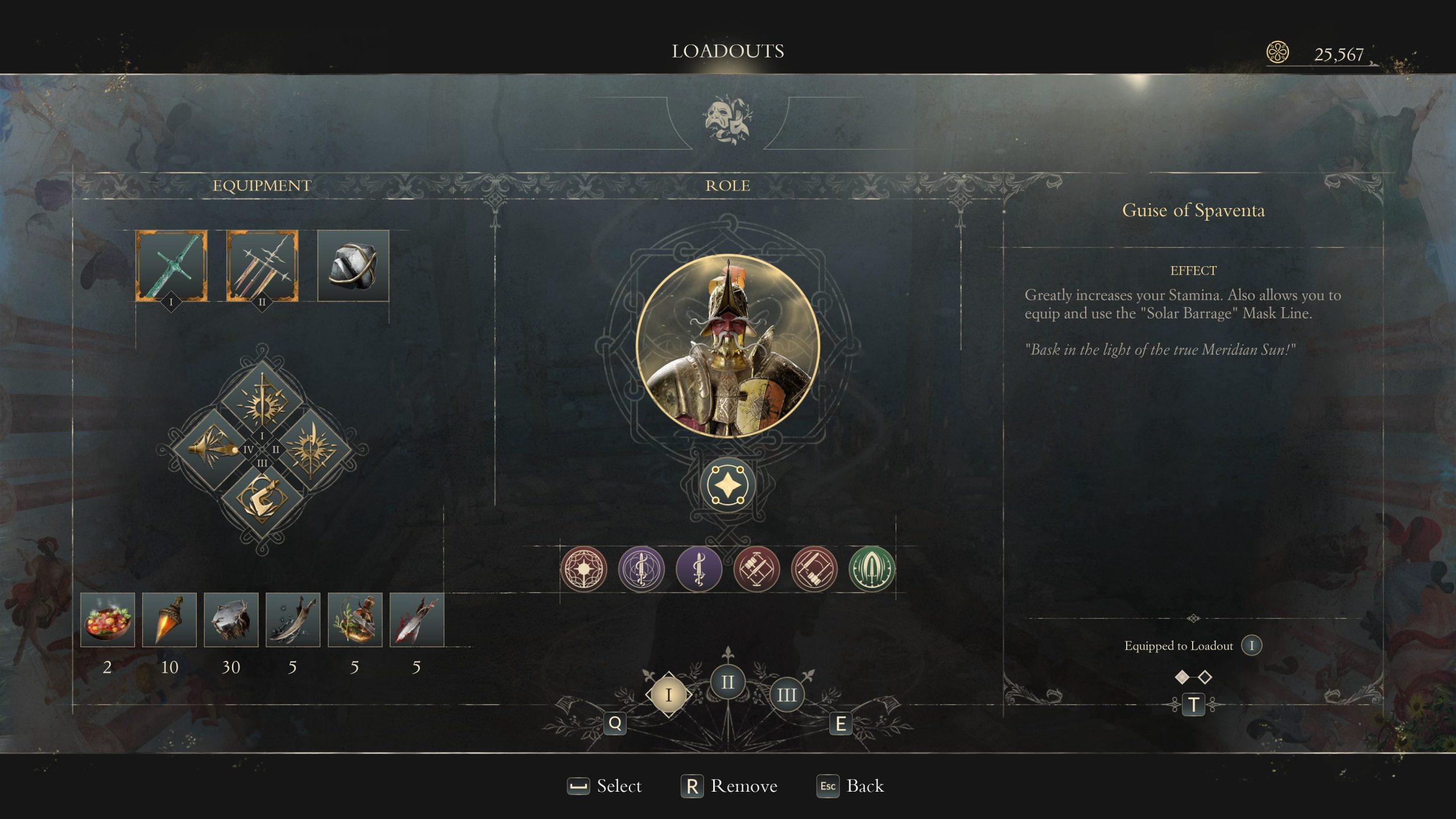
Elements Are The Highlight Of Enotria: The Last Song
However, all of this still pales compared to the game’s take on elements and how they work practically. For starters, there are four elements in Enotria: The Last Song, namely Fatuo, Gratia, Vis, and Malanno. Fancy names, I know, but names aren’t the only unique thing about these.
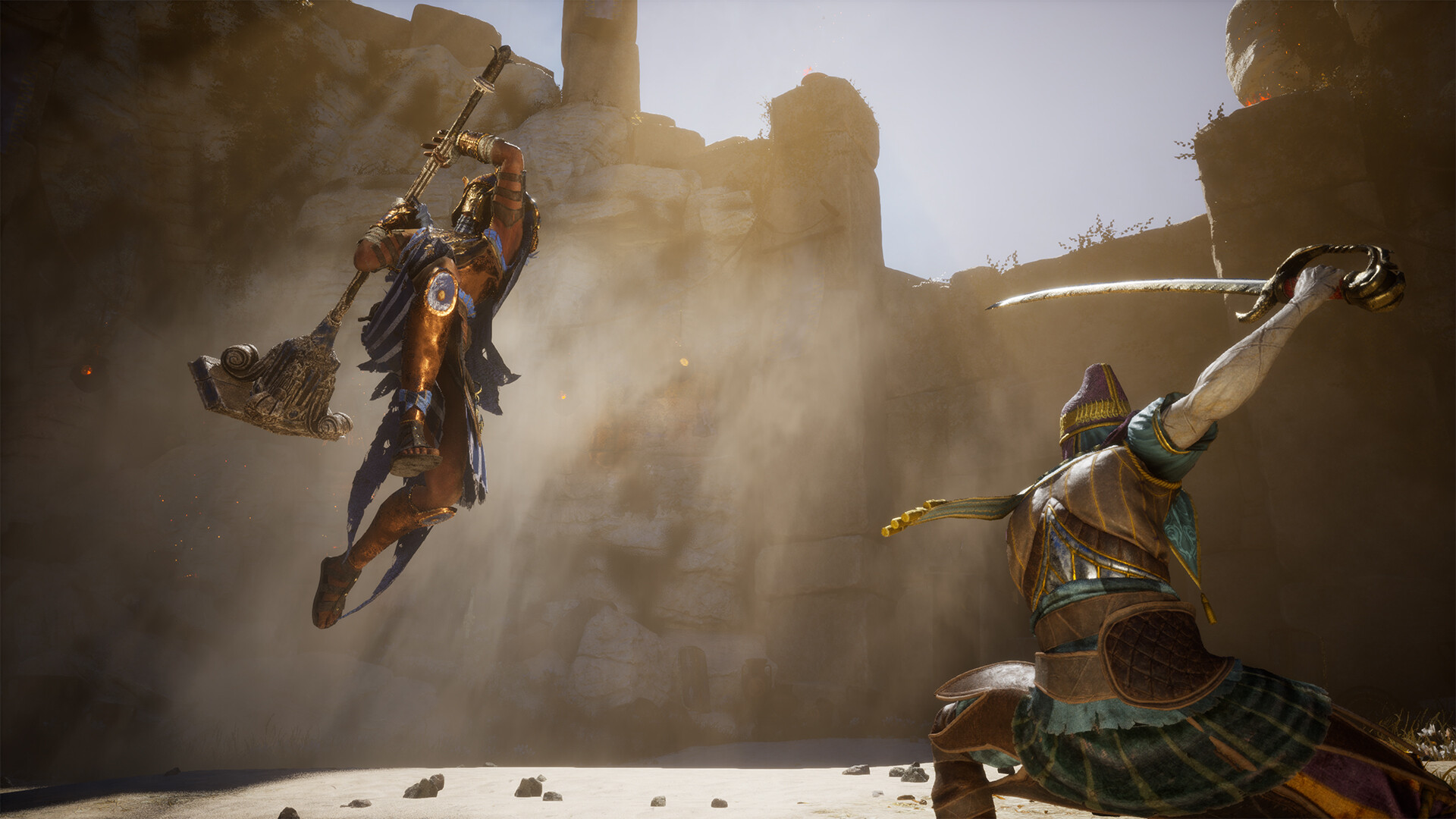
Souls-like staples like elemental infusions and “X enemy is weak to Y element” exist here, too, but the real fun comes when status ailments are applied.
The first element you’ll probably come across is Gratia. Gratia damage inflicts a status called Radiant, which continuously heals the afflicted, but if they’re hit, a powerful explosion and knockback occur. Next is Vis, inflicting Dizzy, essentially the Beasthood state from Bloodborne: Reduced defenses but increased damage.
Enotria: The Last Song – Origins and Inspirations
byu/JyammaDev inEnotriaGame
Then comes Fatuo, applying the Wicked status, drastically improving the afflicted’s elemental damage but heals the attacker. Last but certainly not least is Malanno, inflicting a straight-up poisoned state called Sickness, with the added twist of it being contagious.
High-Risk, High-Reward Gameplay Design
My explanation probably isn’t doing these creative mechanics justice, but I’ll try. What makes it all so interesting is the “one buff, one debuff” nature of these status ailments and the fact that they can be applied to enemies and yourself. Your foes can use it against you just as much.
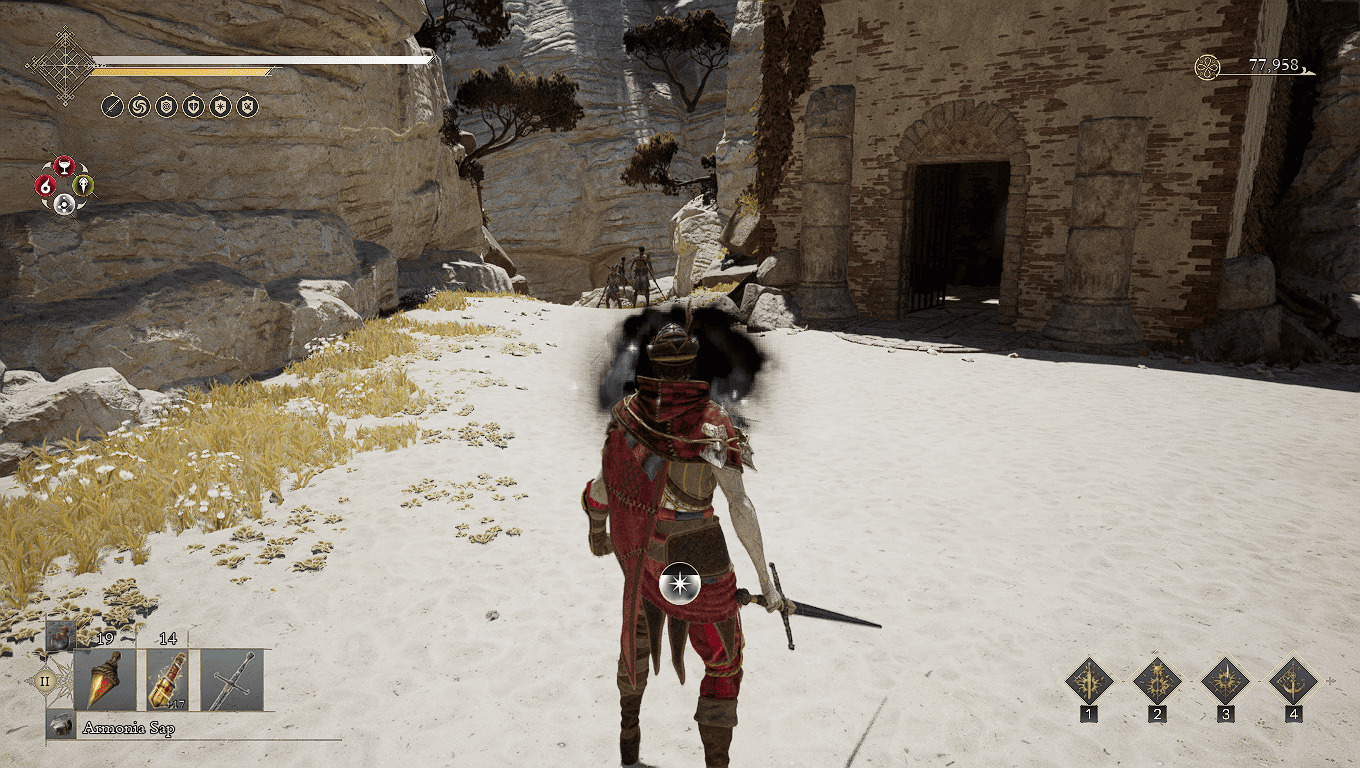
For example, you can apply Radiant on enemies and hit them afar to trigger explosions, but beware that they’ll be continuously healed. On the contrary, you can strategically get hit by it to get healed, but now you’re the bomb.
Similarly, Dizzy State will give you a massive buff at the cost of lowered defenses, but if you apply it on enemies to weaken them, they’ll hit like a truck, too. Hitting Wicked enemies heals you, which is great, but if you’re the Wicked one, they’ll be healed too. And Sickness from the enemies can make you sick as well.
Comment
byu/Own_Photograph6279 from discussion
inEnotriaGame
Creative Mechanics Keep Genres Fresh
In a nutshell, every element is a double-edged sword. Whether inflicted on you or the enemy, it’s both a blessing and a curse. How you exploit it will determine your fate, and honestly, it’s a ton of fun playing around with this high-risk, high-reward sort of playstyle. Every elemental status is unique and a ton of pain when used against you.
This is what evolution and inspiration are all about. Enotria: The Last Song is Souls-like. It’s a reiteration of a popular concept and can be called a copy, but it adds a sprinkle of creativity and originality on top of it, contributing to the overall growth of the genre. I’ll always appreciate innovation in game design.
Thank you! Please share your positive feedback. 🔋
How could we improve this post? Please Help us. 😔
Shameer Sarfaraz has previously worked for eXputer as a Senior News Writer for several years. Now with Tech4Gamers, he loves to devoutly keep up with the latest gaming and entertainment industries. He has a Bachelor’s Degree in Computer Science and years of experience reporting on games. Besides his passion for breaking news stories, Shahmeer loves spending his leisure time farming away in Stardew Valley. VGC, IGN, GameSpot, Game Rant, TheGamer, GamingBolt, The Verge, NME, Metro, Dot Esports, GameByte, Kotaku Australia, PC Gamer, and more have cited his articles.


